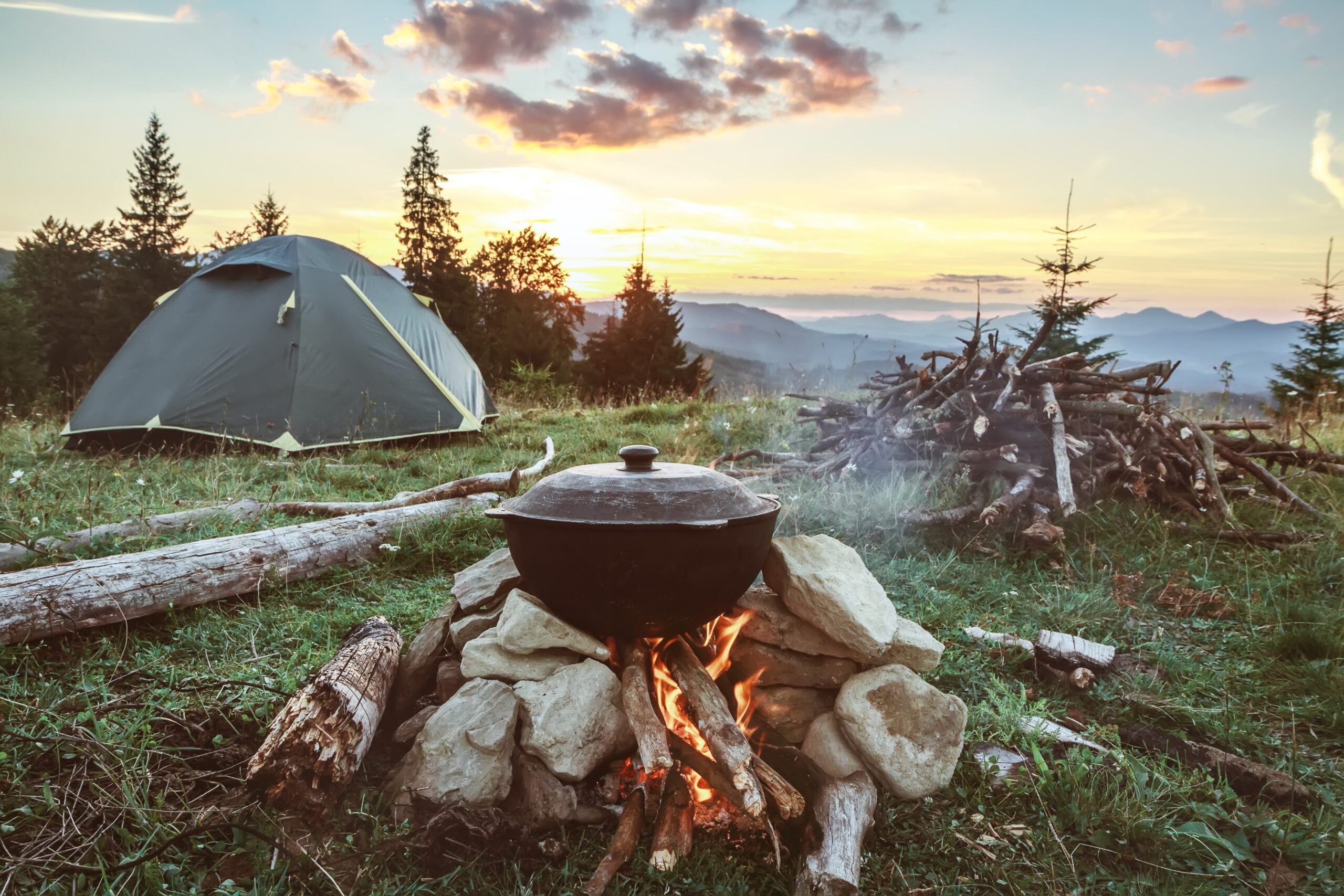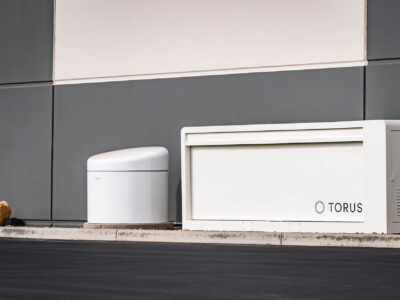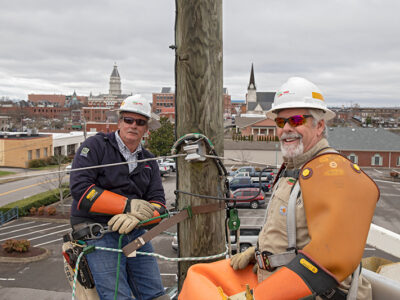If you are a camping, gardening, or outdoor enthusiast, you probably know about Barebones Living. During the last decade, the company has earned a reputation for its stylish, high-quality tents, tools, grills, lantern, and open-air gear. While their motto is: “Elevating your life outdoors,” this purpose-driven company is also highly committed to elevating the lives of all humans.
Philanthropic programs and socially responsible policies are foundational principles at Barebones Living. In fact, one of its initial products was an emergency shelter tent, and the company sent over 100 of them to Nepal in 2015 after a huge earthquake there.
Since then, Barebones has delivered hundreds of these state-of-the-art shelters to other disaster recovery zones and underprivileged areas around the world including Syria, Jordan, and Fiji, where they have been utilized as mobile medical units, birthing centers, administrative offices, and housing – even after the initial crisis period is over. “People can’t thrive under tarps. They need a good, clean place where they know they’ll be safe. Once you have that, you can start thinking about other things.” Erik Workman, Barebones Living director of sales and outdoor adventure, told upworthy.com.
Closer to America, Barebones sent shelters to the Bahamas following Hurricane Dorian and to Puerto Rico after Hurricane Maria, where they were used as homes, medical clinics, and even a roaming dental care facility. The Barebones team has also gone to places like the Philippines and Fiji in recent years to assist in post-hurricane recovery work.
Additionally, Barebones Living has been involved in helping the underserved in its hometown, Salt Lake City, UT. Discovering that many at-risk high school students at Roots Charter High School (a school that utilizes gardening and farming in its curriculum) weren’t getting consistent food at home, the company created the Roots Food Pantry, which offers students non-perishable food items that they can take home.
The company encourages its workers to be active in community involvement. Every year, employees are given a week of time to volunteer with a nonprofit of their choice. Many employees have donated their personal time to assist Roots Charter in projects ranging from its garden to its career fair. During the time period of Barebones’ involvement, the school’s graduation rate has risen from 30 percent to over 80 percent. Other philanthropic projects have included Barebones teaming with several Utah nonprofits to turn unused public land into a thriving community garden and orchard, and establishing a matching grant fund that supports humanitarian agencies looking to buy shelters.
This sense of social responsibility surfaces in Barebones’ business practices as well. The company has eliminated plastic and PET materials often found in consumer products. Besides paring down to just having a few standard packaging sizes, Barebones uses sustainable wood and Paulownia (an eco-friendly, low-cost material) for its boxes. Paper waste has decreased by screen-printing variable information on its shipping boxes. One unexpected, but earth-friendly, consequence of this change is that the unique-looking boxes have become keepsake items and are more frequently reused now.
Barebones Living is the latest from founder Robert Workman. The Wyoming-bred entrepreneur’s long-held belief in philanthropy led him to start the non-profit, TIFIE Humanitarian, in 2007. TIFIE (which stands for Teaching Individuals and Families Independence through Enterprise) works to help marginalized people to become economically independent as well as to increase the number of sustainable businesses worldwide. Workman remains the CEO of TIFIE, which has partnered on public-spirited projects over the years with Barebones and Goal Zero, a socially-minded electronics company he founded in 2009. As his son Erik told upworthy.com: “Our business has been created by our humanitarian work…All of our businesses were causes that needed these services.”
By creating Barebones, Goal Zero, and Tifie, Robert Workman has done a lot of good work for our planet, setting a great example for companies and individuals to follow. When asked about his advice on how to make this world a better place, Workman replied, “Remember to treat others and the land the way you want to be treated. And also, ask yourself: If not you, who? If not now, when? Have the courage to act on your inspiration. No one can do it alone; we need a community to help us create positive change.”





